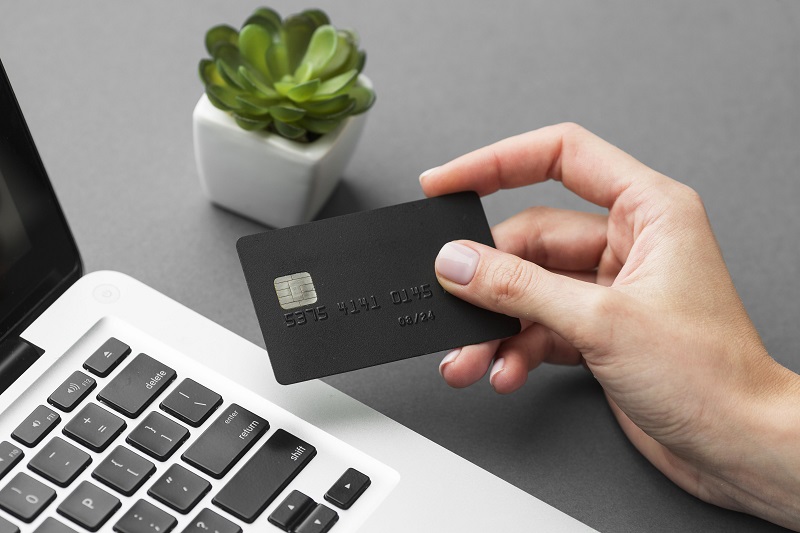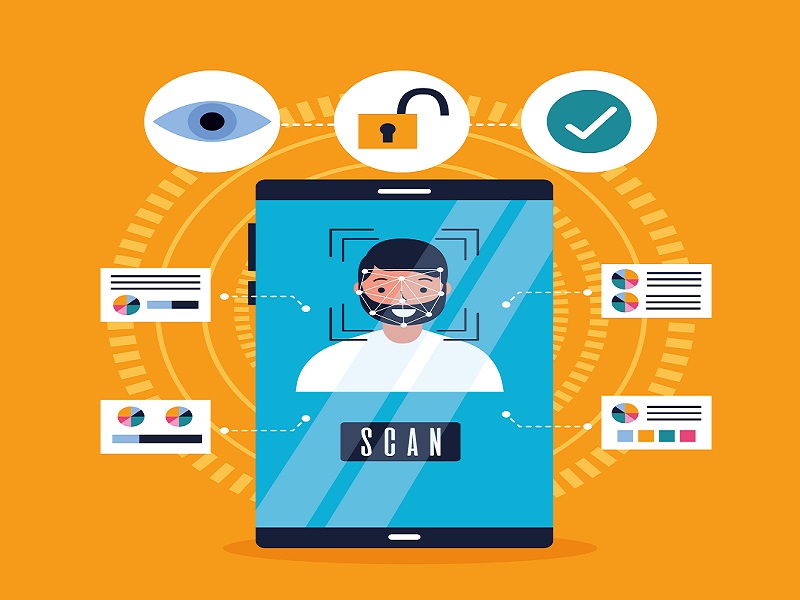The Buyt Desk
Online banking has showered a plethora of benefits to account holders. Immediate fund transfer, bill payments, 24-hour access to the account all this is available just a few clicks away. Those numerous bank visit, locating the nearest bank branch, standing in queues all this is passe now. Online banking has made it possible to carry out any transactions anytime anywhere.
But it has its pros and cons too. If online banking is making our lives easy but there is a constant fear of online fraud too. Your financial details/data can be compromised and you can become a target of cyber theft.
You need to be alert and cautious while conducting online banking transactions. Here are some helpful tips for safe online banking
1)Keep The Password Strong And Update It Regularly – The most important rule of safe online banking is to create a strong password for the account and changing it regularly. To make a strong password always use both lower and upper case letters, include numbers and special characters. With this, many experts suggest that using phrases instead of common words will make the passwords stronger. Never use personal details as your password, such as birth date, pet name, anniversary date, favourite food, etc. These are easily hackable details as available on social media platforms. And most importantly change your password at a regular interval of time.
2)Monitor Your Account Activity – It is pertinent to keep an eye on your account activity. When online banking is so easy and all details are at your fingertips, using this facility to monitor your account activity will safeguard your account. Check your transactions regularly and report any suspicious activity to your bank immediately. Change account password immediately if you find anything suspicious, before reporting to the bank.
3)Use Only Secure Network – The free and public Wi-Fi is a kind of honey trap. These networks are often not encrypted which makes you an easy target of hackers to steal your details. You should never use public Wi-Fi to open your bank account. In case you save all your banking-related data on the phone, it is better to stay away from public Wi-Fi. The network with password protection is difficult to pass through.
4)Never Save Your Login Details On Device – Some browsers and devices provide the option to save login details for future use. The challenge with this feature is that anyone using that device can access your bank account as well. The banking website, however, has taken measures to curb this situation. They automatically log you out in case of inactivity for a specific period. However, saving your financial details on any website, browser, or device is still not advisable.
5)Beware of Email Scams – None of the banks, ask account holders to share their sensitive account details over emails or text messages. If your bank needs any additional details about your account, it would ask you to visit the bank branch or verify your identity over the phone first by asking security questions.
You need to keep this fact in mind as email phishing scams are very common these days. The fraudsters send mails of the lottery winner and ask for account details to deposit funds. Never respond to such emails.
6)Always Use Official Banking App – There are apps present that when get on our device can sneak a look into the device to steal data. Never download unknown or unauthorized apps. Always install apps from authorized sources. Also, install updates and security features from these places only.
7)Keep Your Debit/Credit Card Pin Safely – Never share your card-related information such as card number, One-time password (OTP), card verification value (CVV) over the phone.
8)Never Share Details On Social Media – Social media is a platform where we share all types of information, but banking-related information is something that one should never be shared on this platform. Hackers get a clue of your account password with information you share on social media.
9)Always Log Out – Once you have finished your transaction, log out from your account. People often forget to log out after completing their transactions. The unlogged account is an open gate for hackers.
10)Never Do Transaction On Suspicious Website – Some websites steal card information by alluring shoppers. Never shop from websites that ask for personal details like card number, CVV number, PIN Code, etc. Shop only from secure sites and avoid clicking on hyperlinks in emails.







